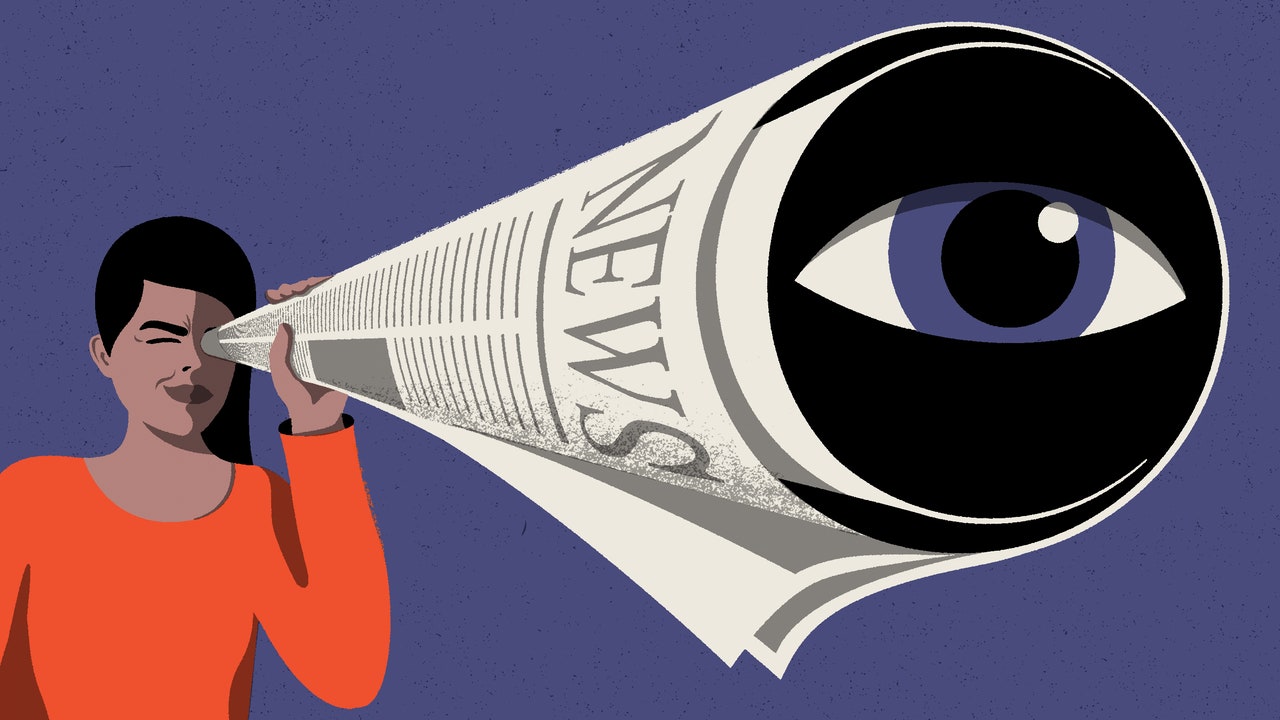How Can the Press Best Serve a Democratic Society?
In the nineteen-forties, a panel of scholars struggled over truth in reporting, the marketplace of ideas, and the maintenance of a free and responsible press. Their deliberations are more relevant than ever.
via The New Yorker: https://www.newyorker.com/news/the-future-of-democracy/how-can-the-press-best-serve-democracy
Lippman lamented the tendency of the press to act as “a searchlight that moves restlessly about, bringing one episode and then another out of darkness into vision.” He believed that the searchlight needed to pause long enough to illuminate issues of vital importance to the public. The Hutchins Commission had similar concerns: “Too much of the regular output of the press consists of a miscellaneous succession of stories and images which have no relation to the typical lives of real people anywhere. Too often the result is meaninglessness, flatness, distortion, and the perpetuation of misunderstanding among widely scattered groups whose only contact is through these media.” Today, in the age of digital journalism, the pressures of velocity and volume are even more powerful, particularly for media organizations which depend on advertising; even subscription-oriented businesses are not immune, since they must attract new readers and optimize their editorial content for search engines and social-media sharing. Democracy may well depend on finding a sustainable business model for a slower, more deliberative form of news. If “objectivity” has lost its usefulness as a shorthand for journalism’s aspirations, and if the meaning of “moral clarity” is unclear, then perhaps quality, rigor, and depth could be worthy ideals.
